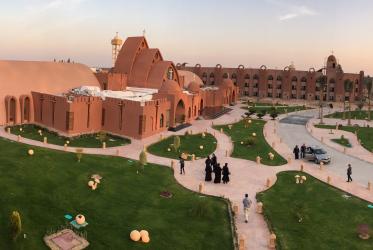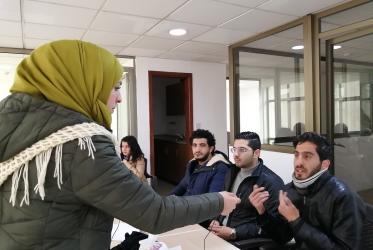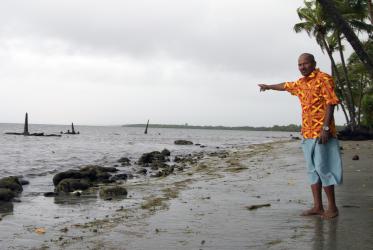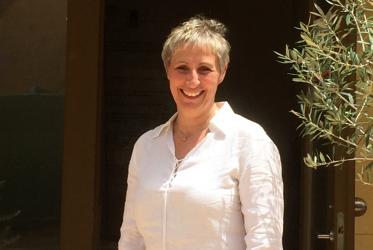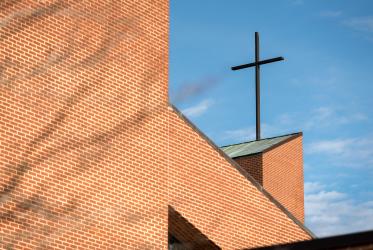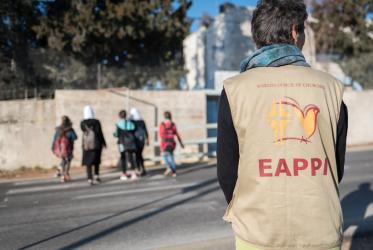Displaying 1 - 20 of 154
Promoting human dignity through art
06 September 2022
Are migrants seen and heard? Conference presses the question
19 October 2020
The cry of the Papuans in Indonesia
14 November 2019
Dr Saïd Ailabouni: God is on the side of rejected, oppressed, occupied
12 September 2019

